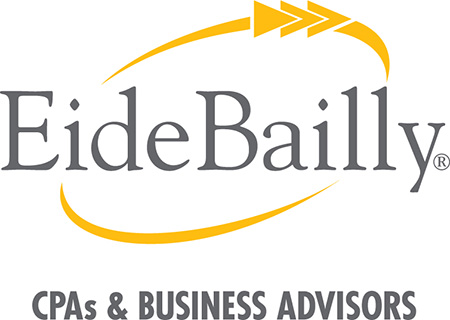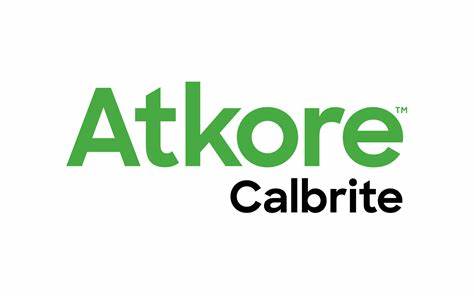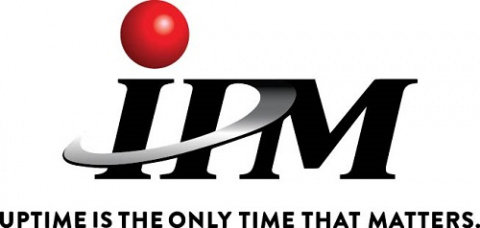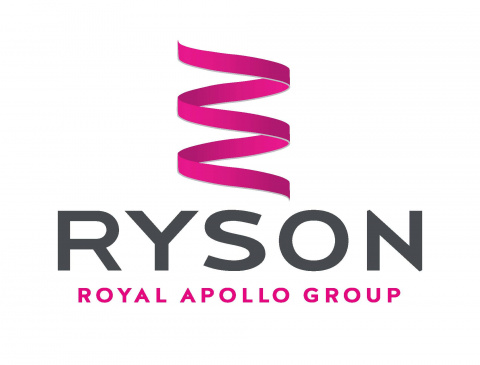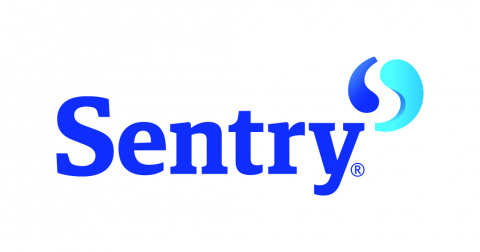
On April 20, 2021, OSHA issued new guidance on when employers must report instances in which an employee suffers an adverse reaction to a COVID-19 vaccination. According to the guidance, employers who require their employees to receive COVID-19 vaccinations must record adverse reactions in their OSHA 300 log if it led to the employee missing more than one day of work, required medical treatment beyond first aid, or resulted in restricted work or transfer to another job. These conditions may sound familiar to many because they are the same conditions that trigger mandatory recording of other types of work-related injuries and illnesses. OSHA’s logic on the recording of adverse COVID-19 reactions is fairly straightforward: if an employer requires its employees to receive a vaccination, any adverse reaction to the vaccine is “work-related.” This updated guidance (and other OSHA COVID-19 related guidance), can be found here. We cannot predict the impact of this guidance on state workers’ compensation laws or decisions, but it certainly will provide claimants and their representatives an argument.
In related news, the U.S. Labor Department is yet to issue an emergency temporary standard for the protections of workers from COVID-19 infection, despite President Biden’s three month old order to do so. The January 21 order initially provided OSHA until March 15 to release a rule. To date, it remains unclear whether OSHA believes the pandemic poses a grave threat to workers’ safety. Without such a finding by OSHA, its expedited emergency rulemaking ability cannot be triggered. While OSHA is yet to act, some states have taken their own steps to protect workers from COVID-19 infection. Virginia, California, and Oregon issued their own emergency temporary standards last year, while Maryland and New York passed bills in April – which have yet to be signed into law – requiring state agencies to enact COVID-19 worker protections.
All of this comes at a time when lawmakers and employer organizations continue to request updated guidance from the EEOC on employer vaccine incentive programs, the purpose of which is to increase the number of workers who receive the COVID-19 vaccine. The EEOC’s acting legal counsel recently stated that the agency is working to update its technical assistance manual regarding vaccine incentive programs; however, the work is ongoing and the EEOC has provided no indication as to when the updates will be made. Some employers have moved forward with their own vaccine incentive guidelines, some of which include paid time off and cash bonuses. Their concern, however, is that without EEOC guidance it is unclear whether the programs may violate anti-bias laws, the Americans with Disabilities Act, or other state and federal laws and regulations.
While OSHA and the EEOC mull over emergency rules and updated guidance on vaccine incentive programs, employers should monitor closely the two agencies’ efforts and also remain cognizant that many states are actively developing and implementing their own rules. In addition, employers that are considering the implementation of a COVID-19 vaccine incentive or dis-incentive (for not getting the vaccine) program prior to the issuance of updated guidance from the EEOC should take care not to run afoul of EEOC’s current guidance.
If you have any questions, please one of the Benesch attorneys below to discuss.
Joseph N. Gross at jgross@beneschlaw.com or 216.363.4163.
Joseph R. Blalock at jblalock@beneschlaw.com or 614.223.9359.
***
Please note that this information is current as of the date of this article, based on the available data. However, because COVID-19’s status and updates related to the same are ongoing, we recommend real-time review of guidance distributed by the CDC and local officials.




